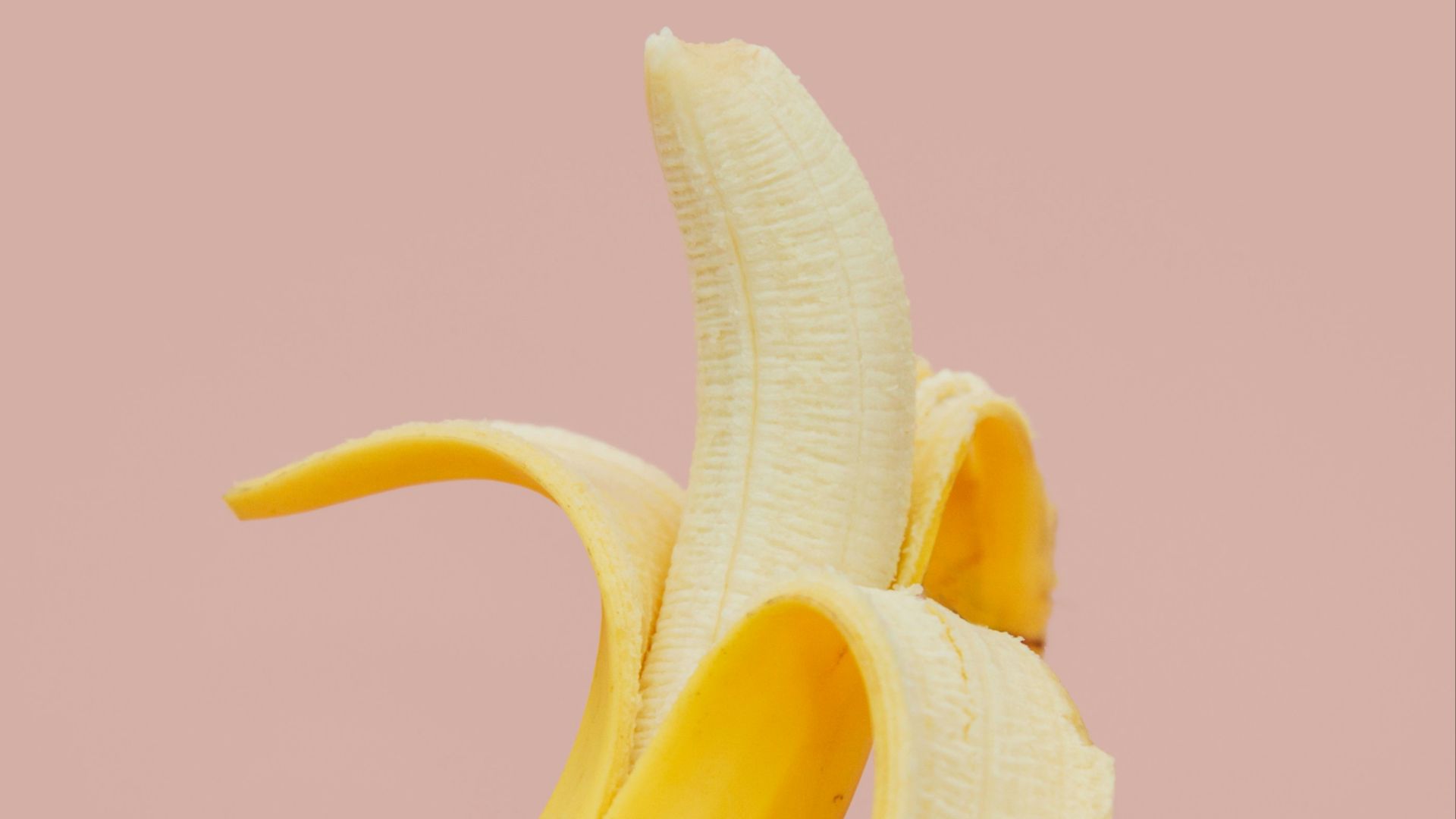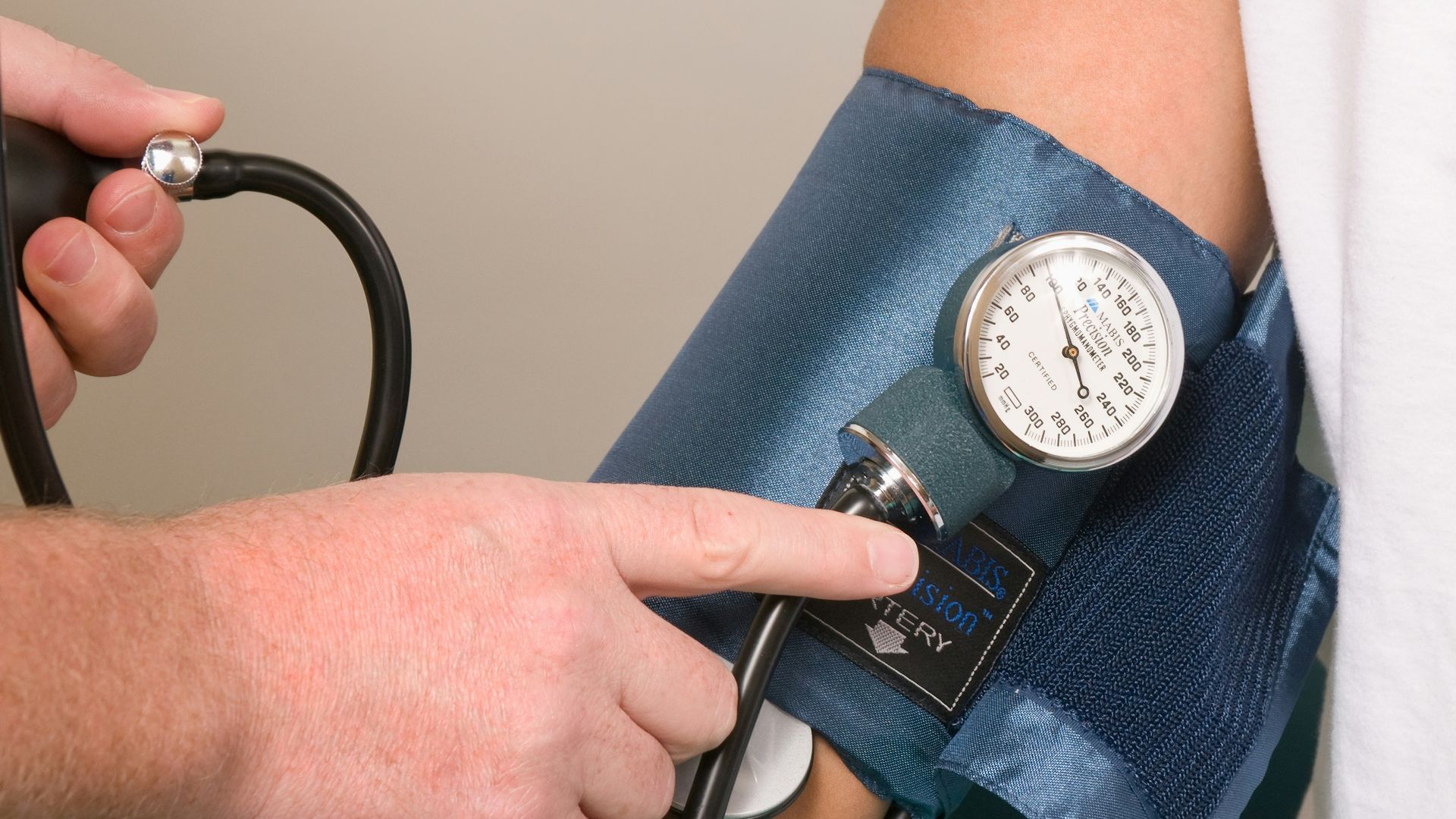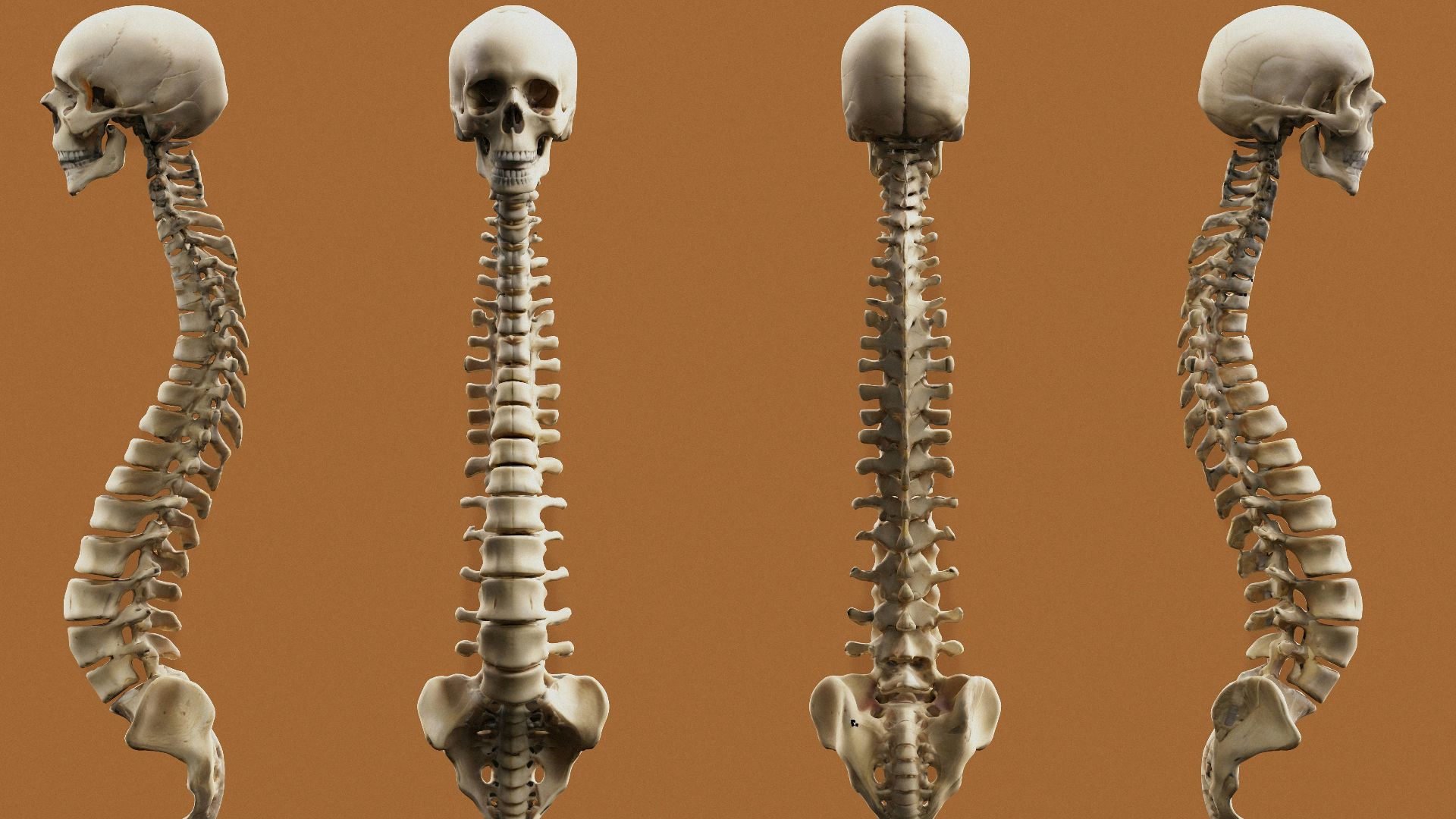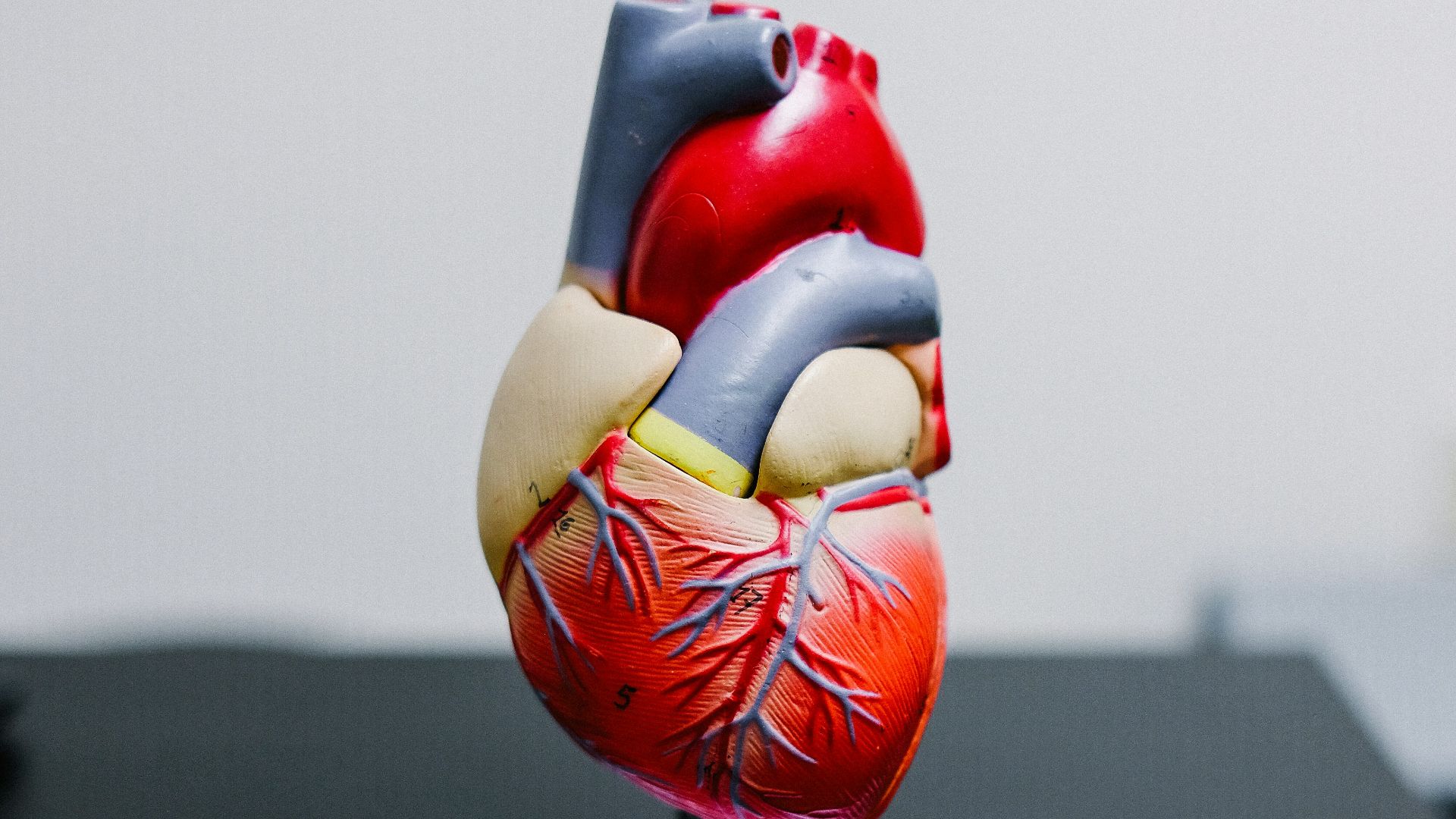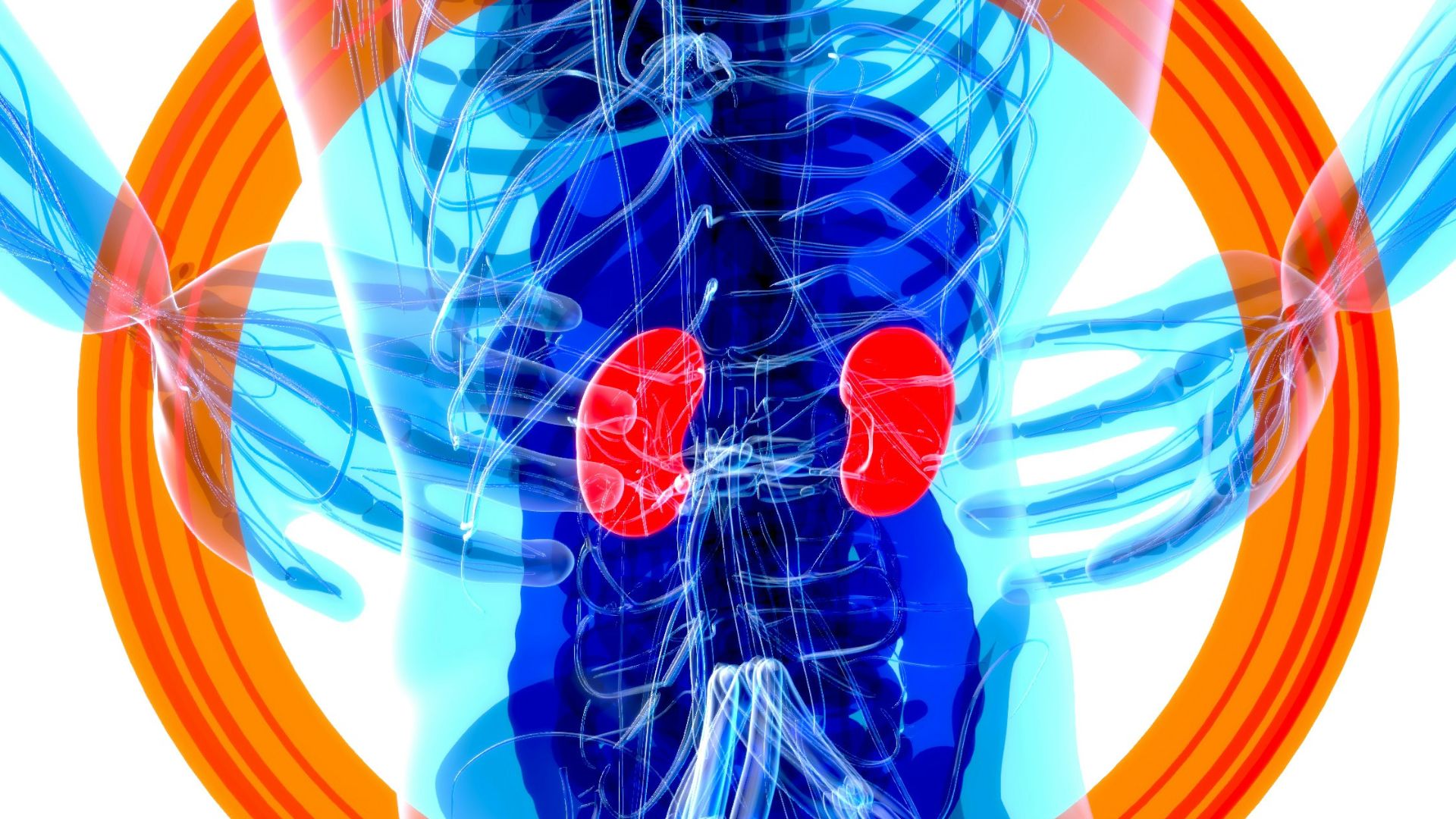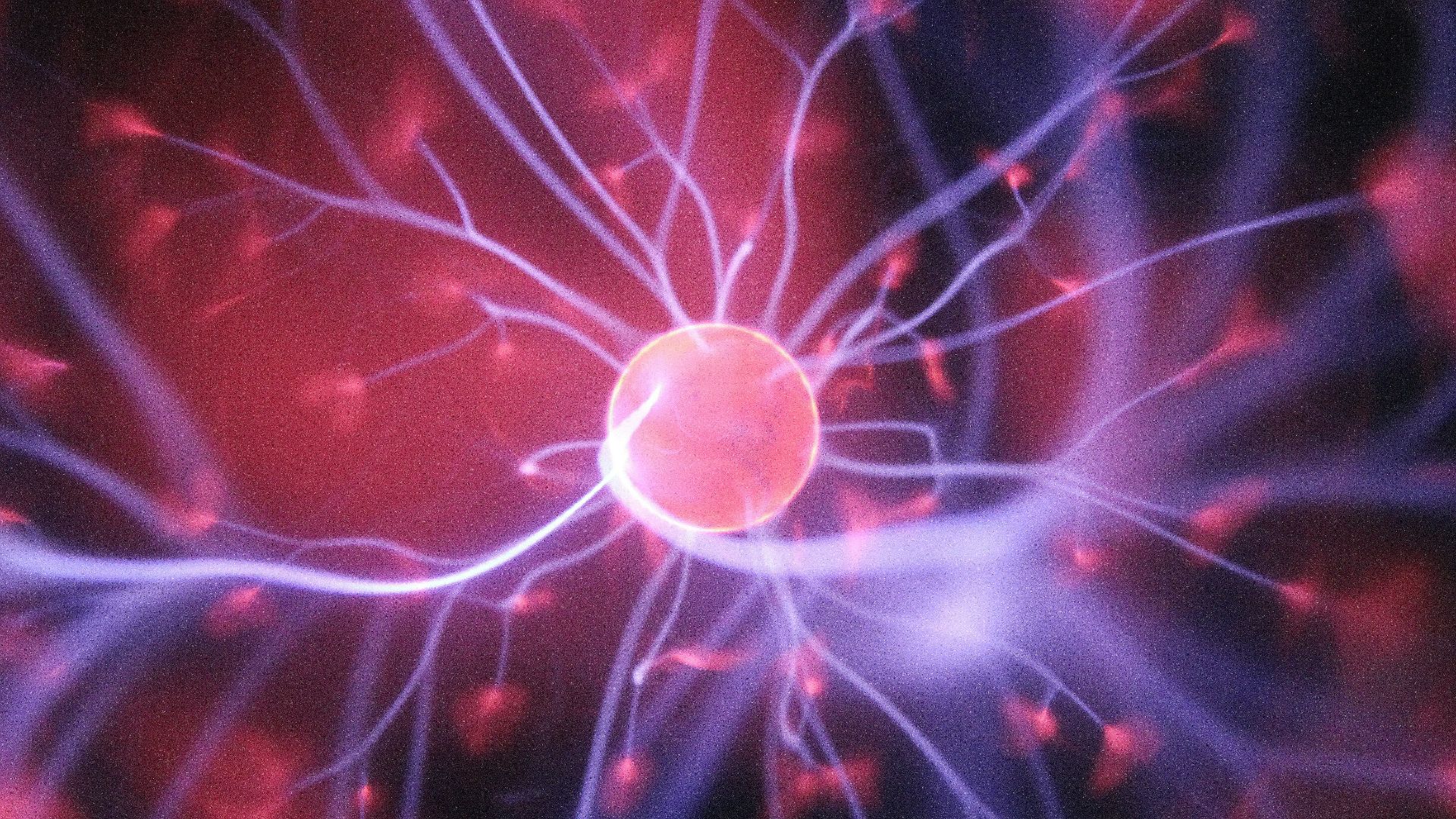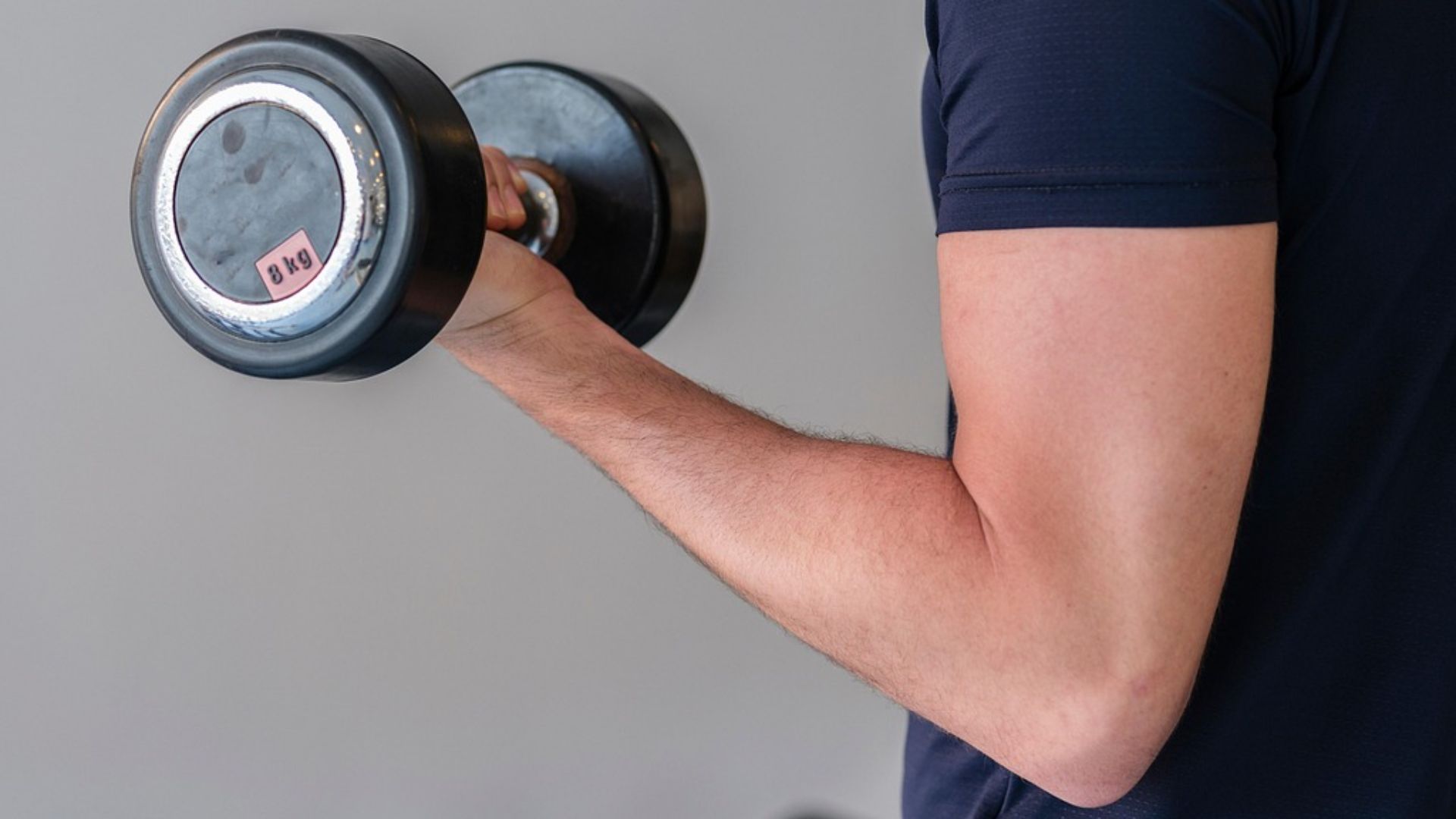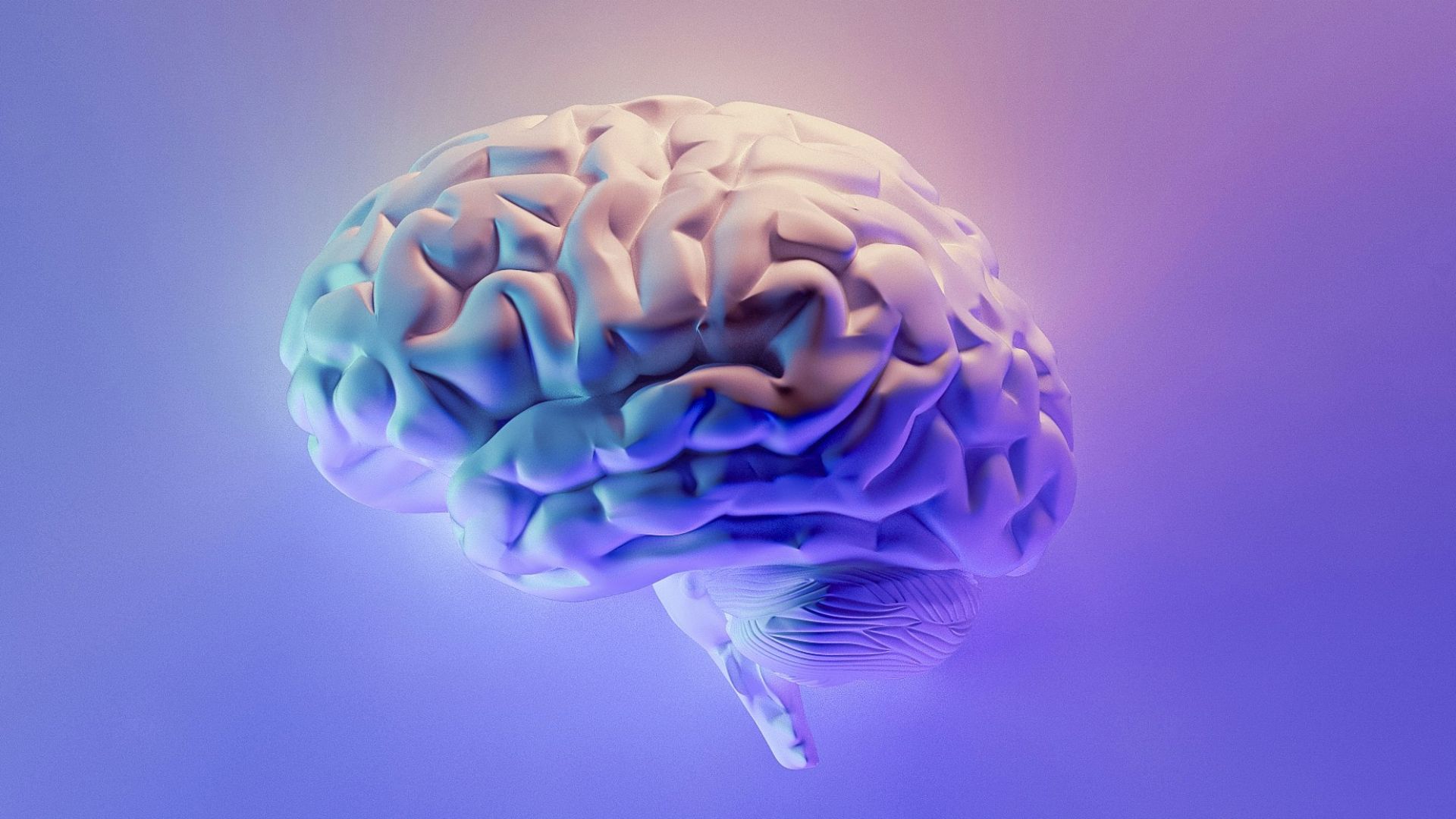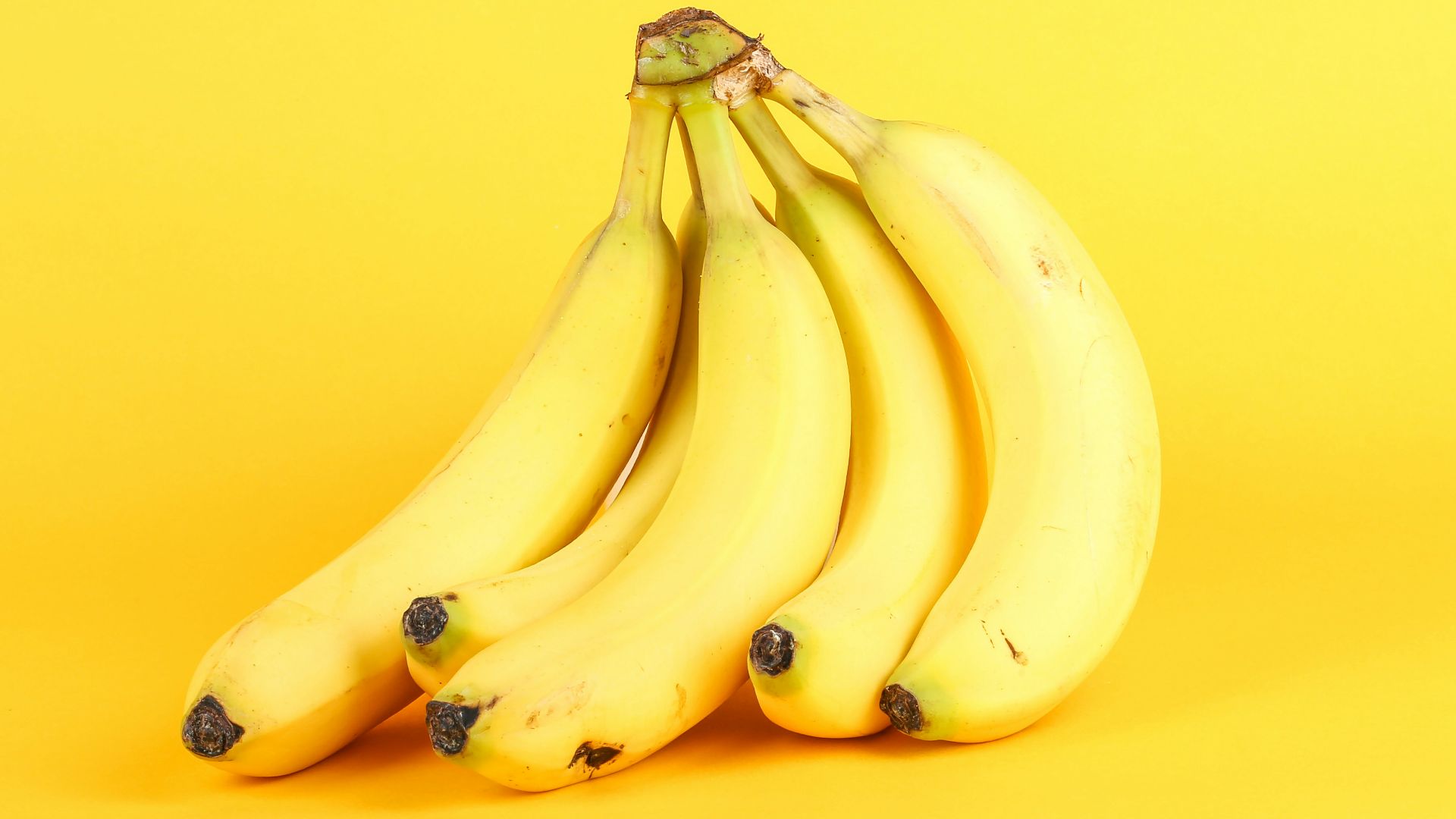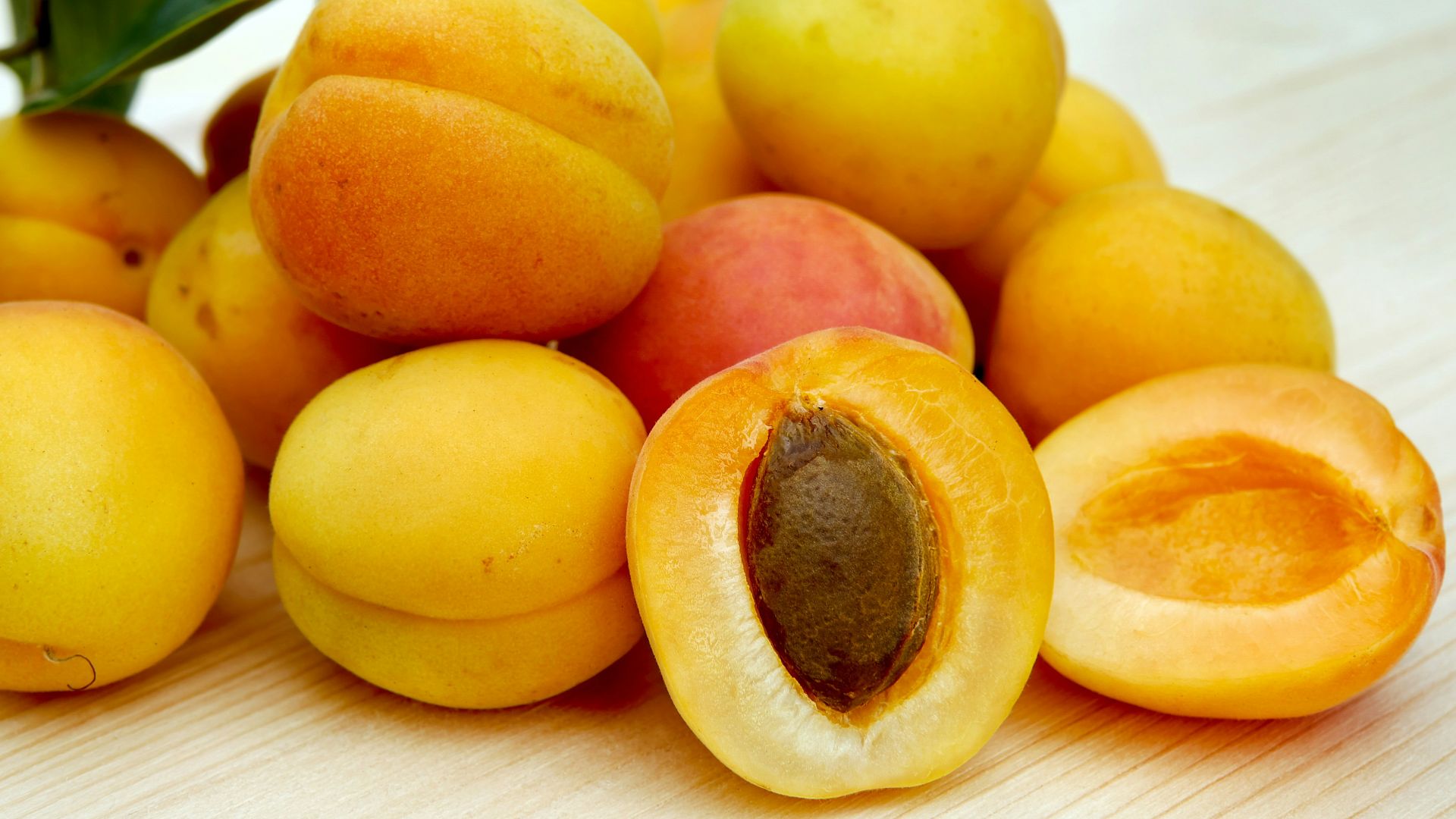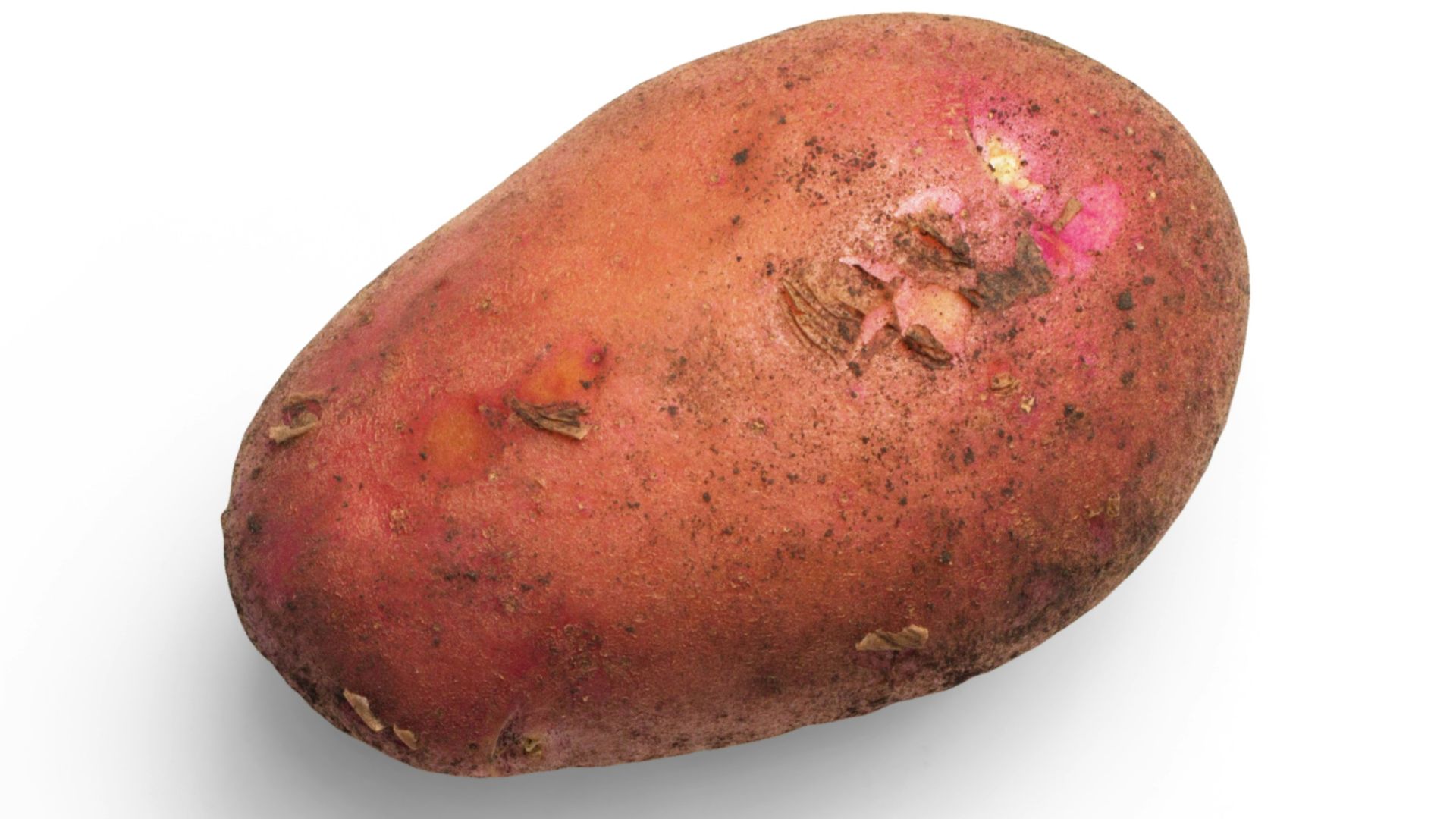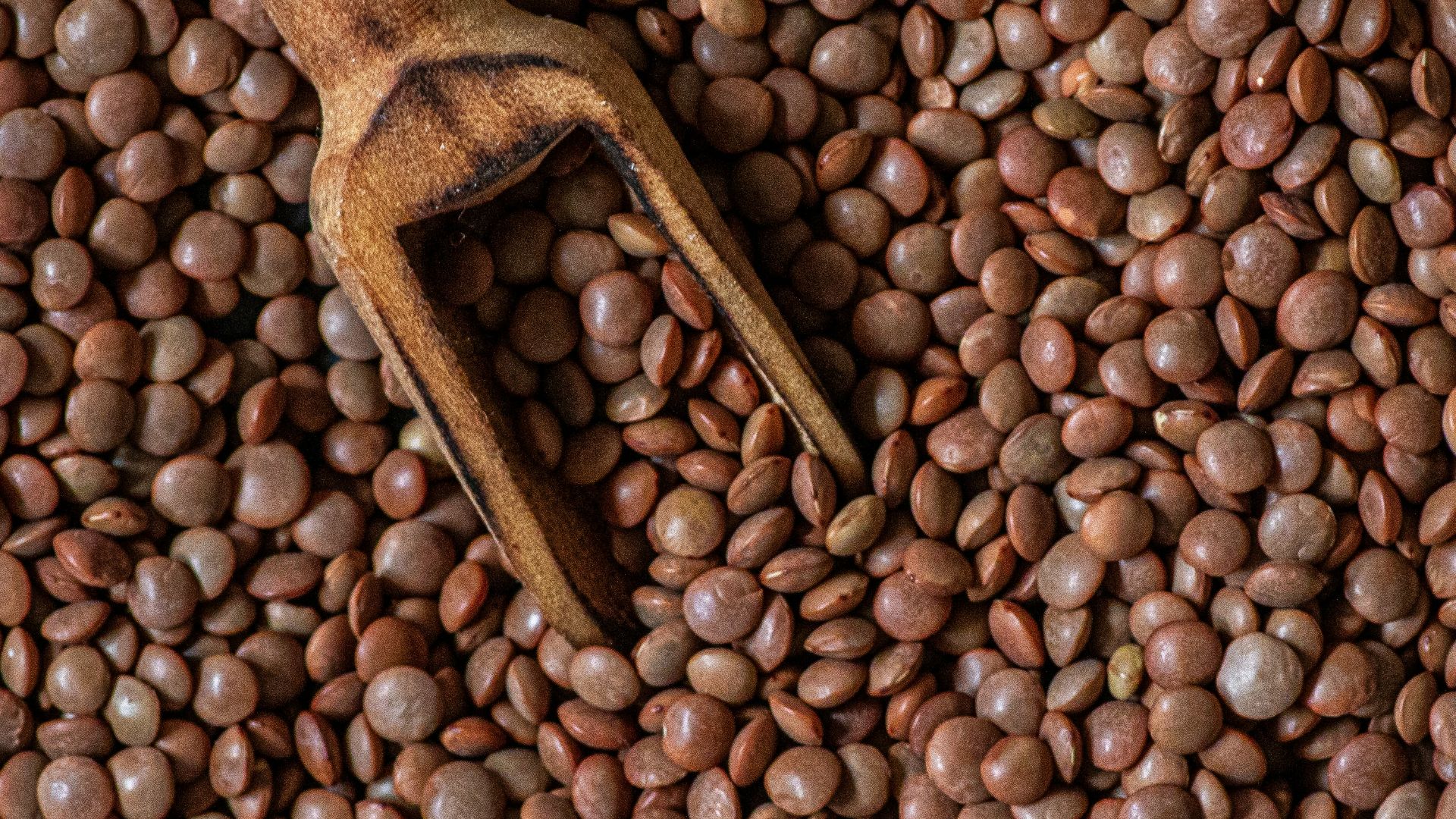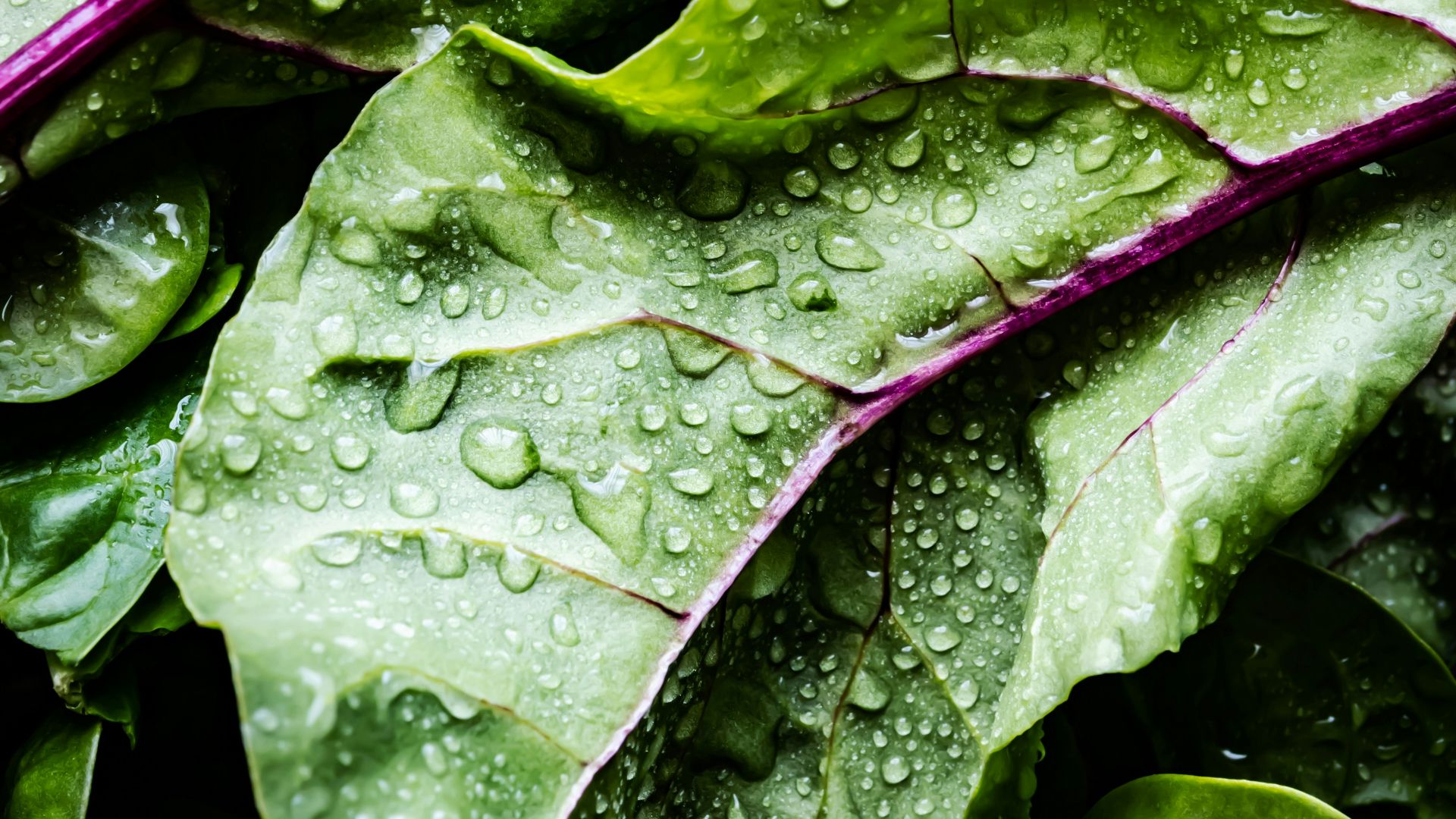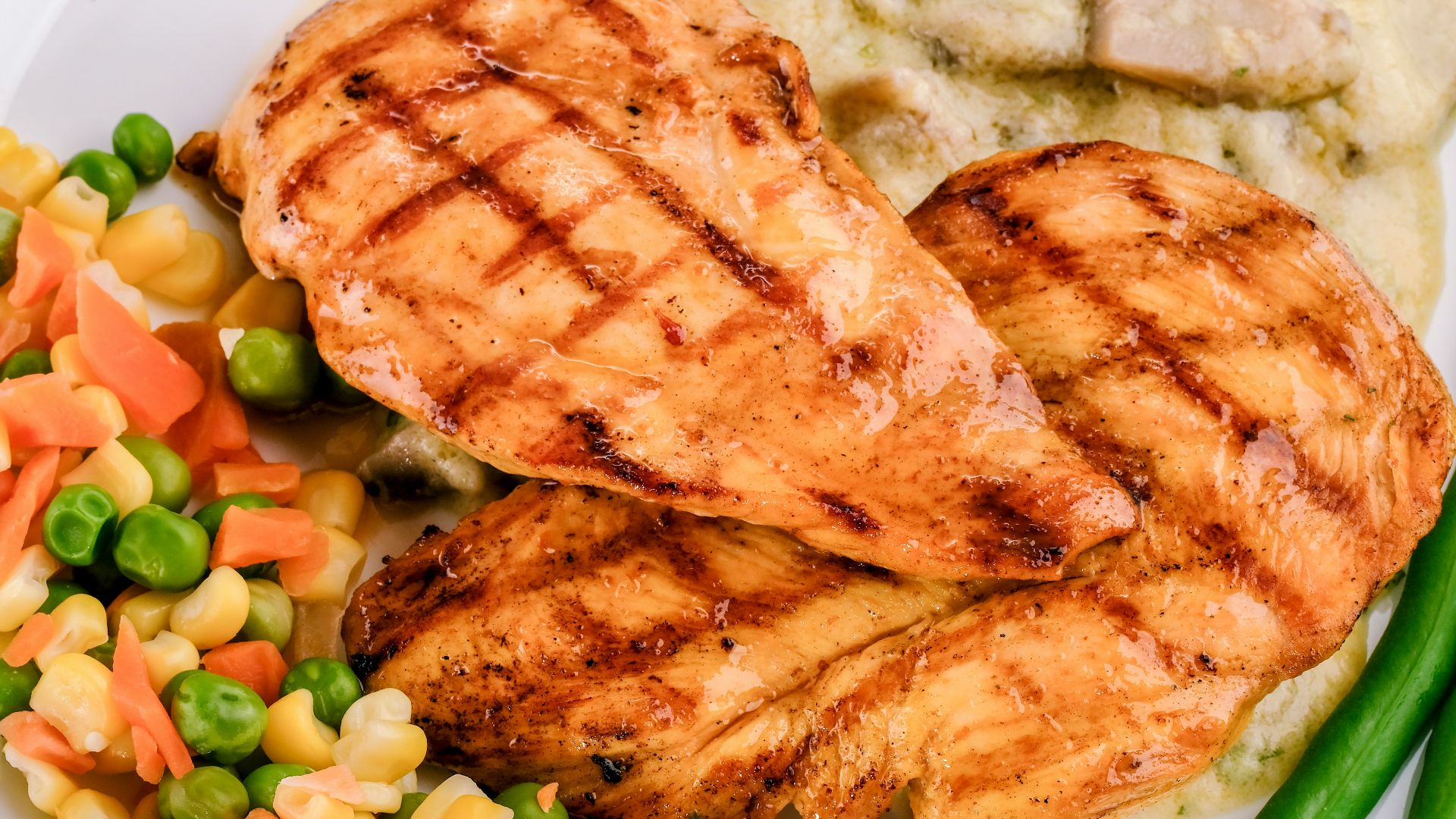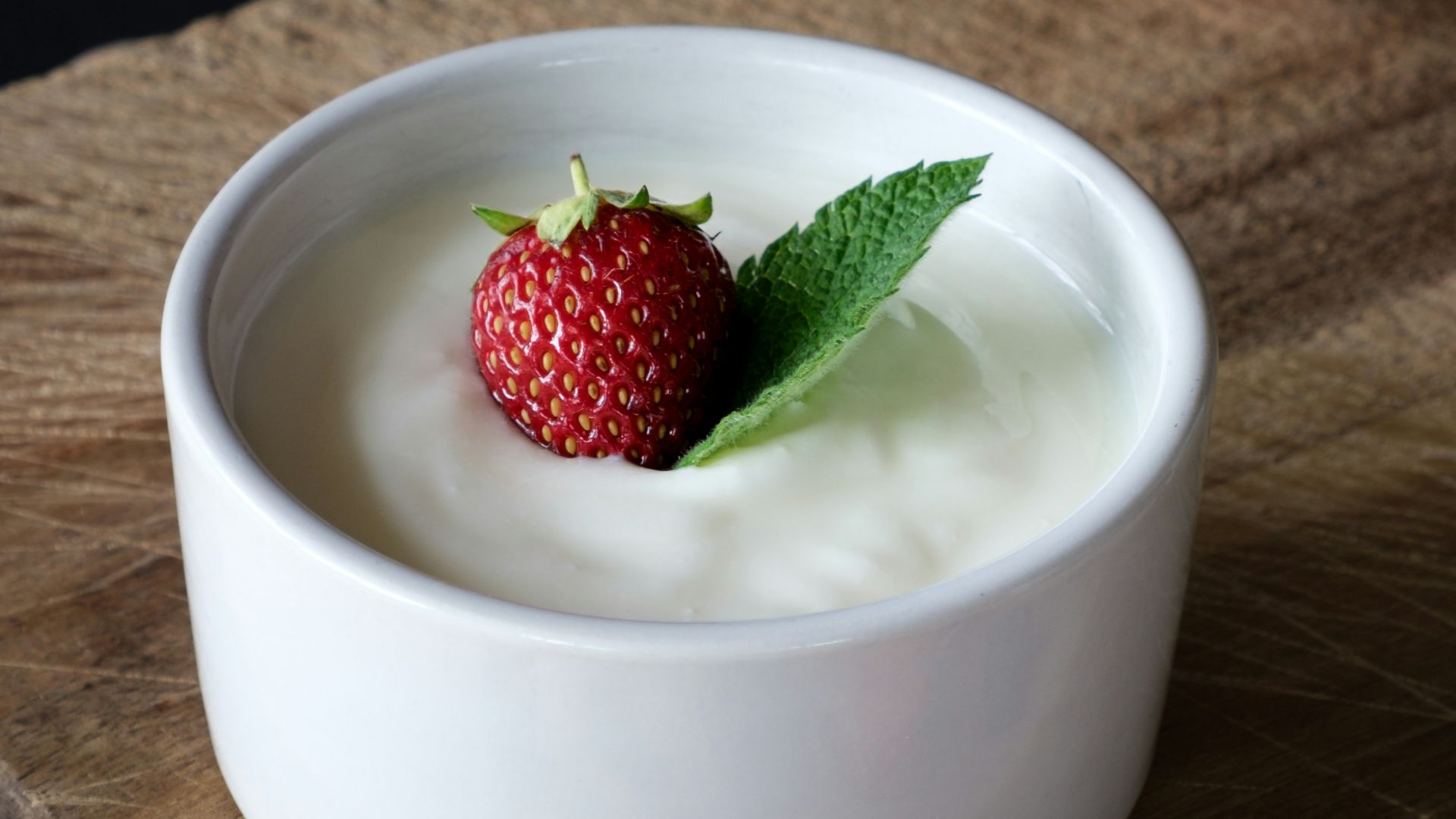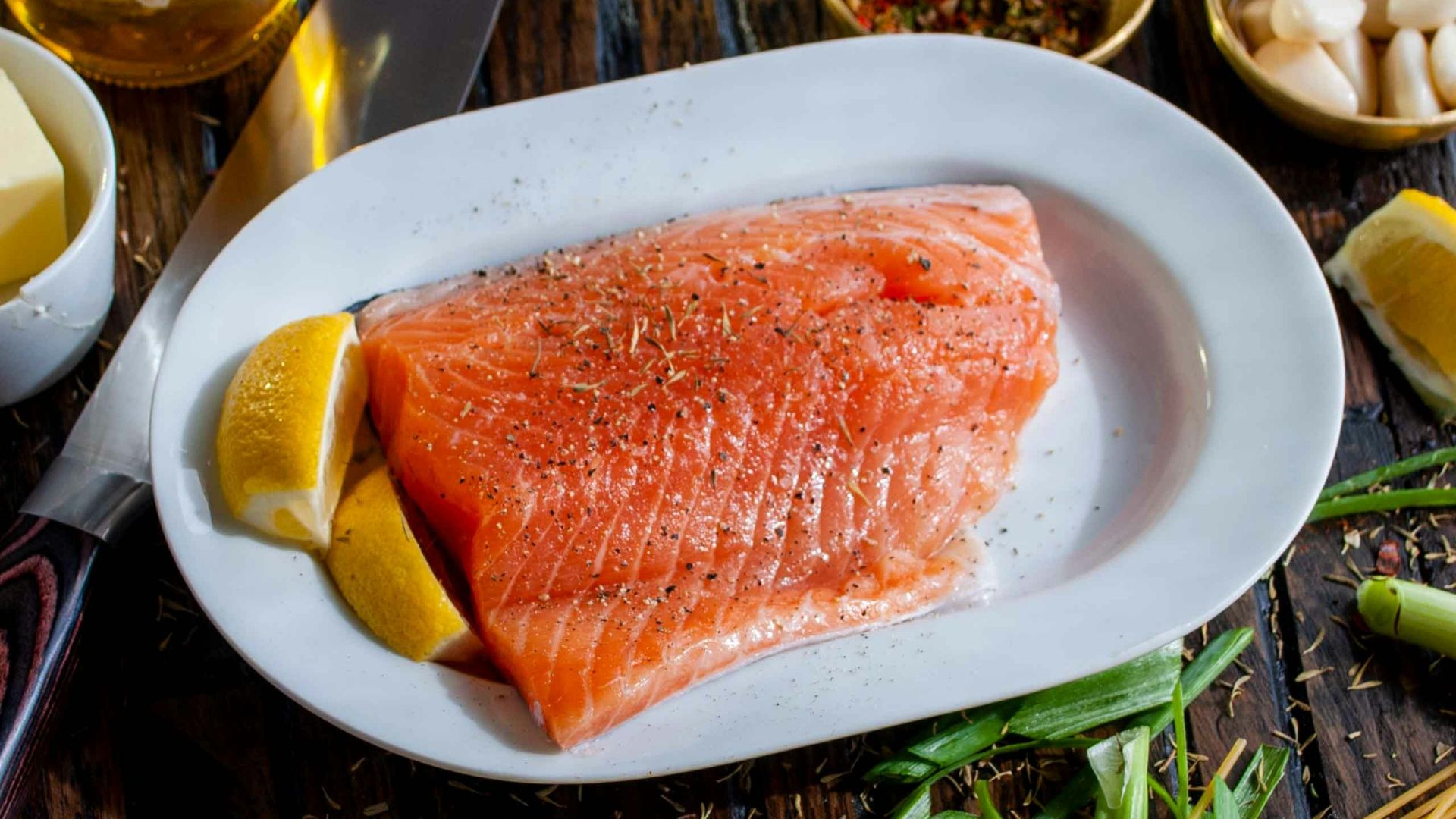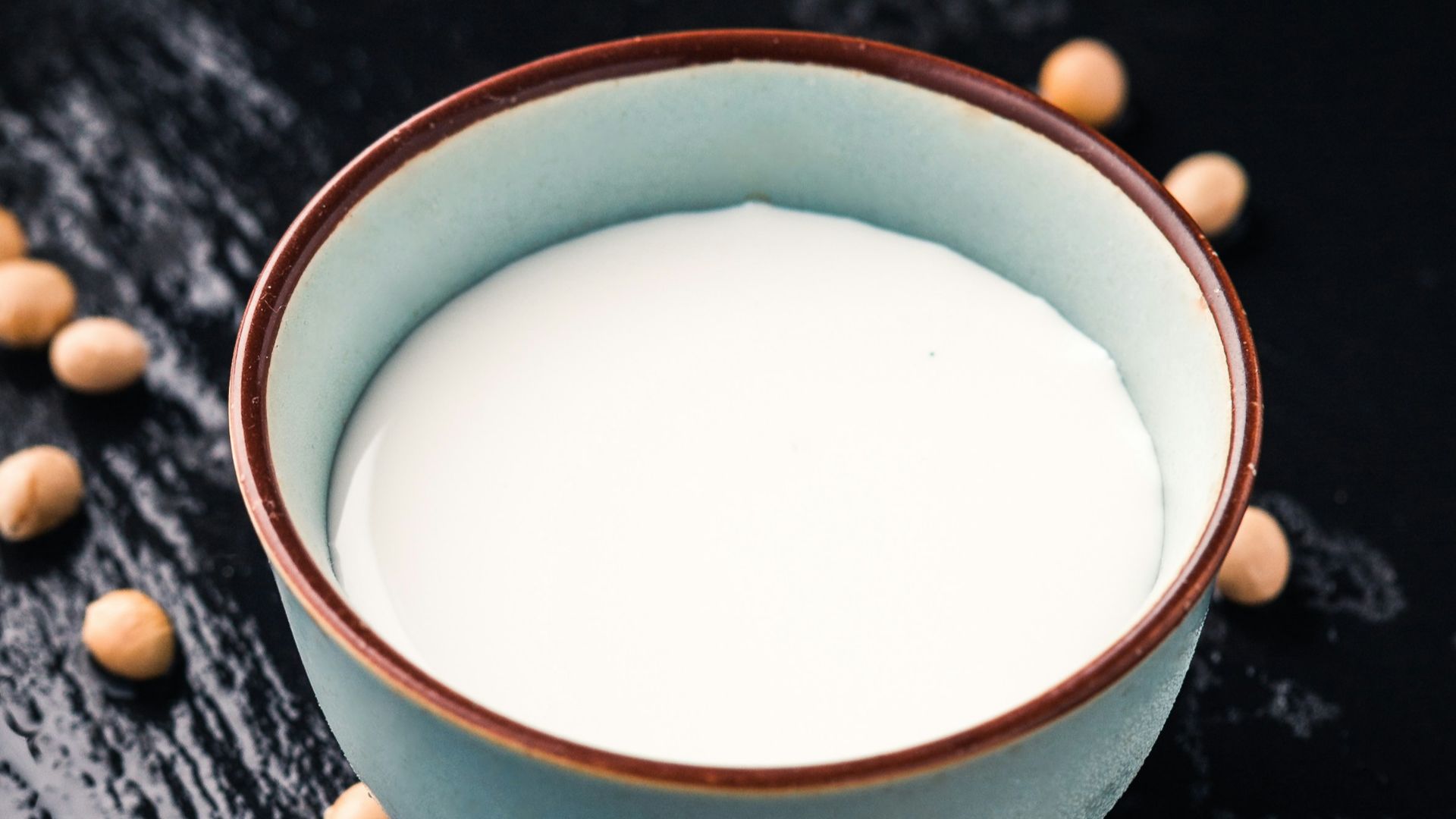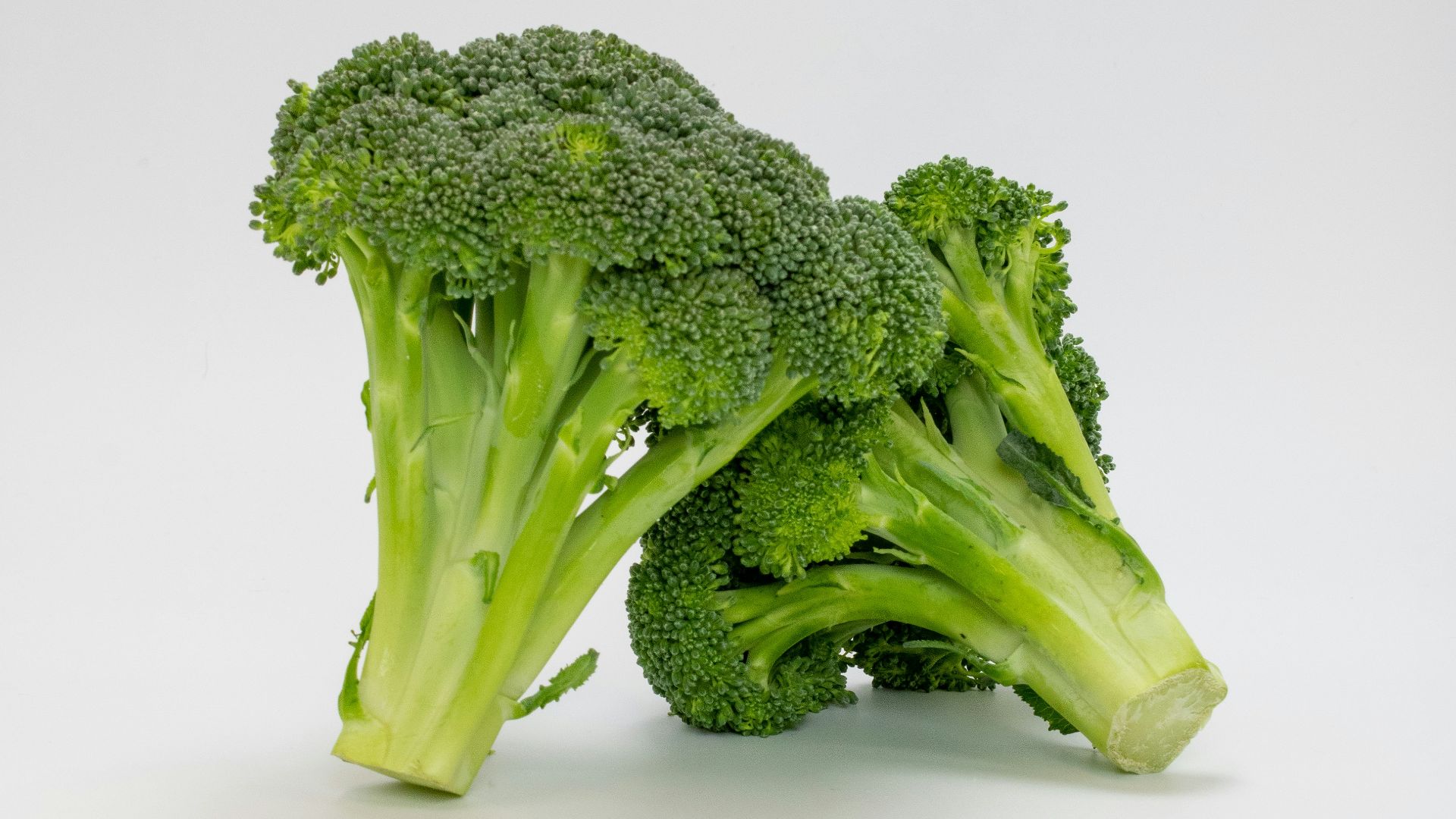An Underrated Mineral & Its Benefits
You probably aren't getting enough sodium. It isn't your fault, eating a balanced diet full of essential vitamins can be difficult, especially when you don't know what those minerals do. This article is here to demystify sodium, what it does and how you can get more.
1. Regulates Blood Pressure
Potassium helps to counteract the effects of sodium, which can help people with high blood pressure. The more potassium in your diet, the more sodium your body is able to process. Potassium also relaxes the walls of your blood vessels, lowering hypertension.
2. Maintains Electrolytes
Similarly to sodium, potassium is an electrolyte.Your body is roughly 60% fluid, and those fluids contain electrolytes, which help to regulate various chemical reactions. A lack of electrolytes can lead to aches and feeling of lethargy.
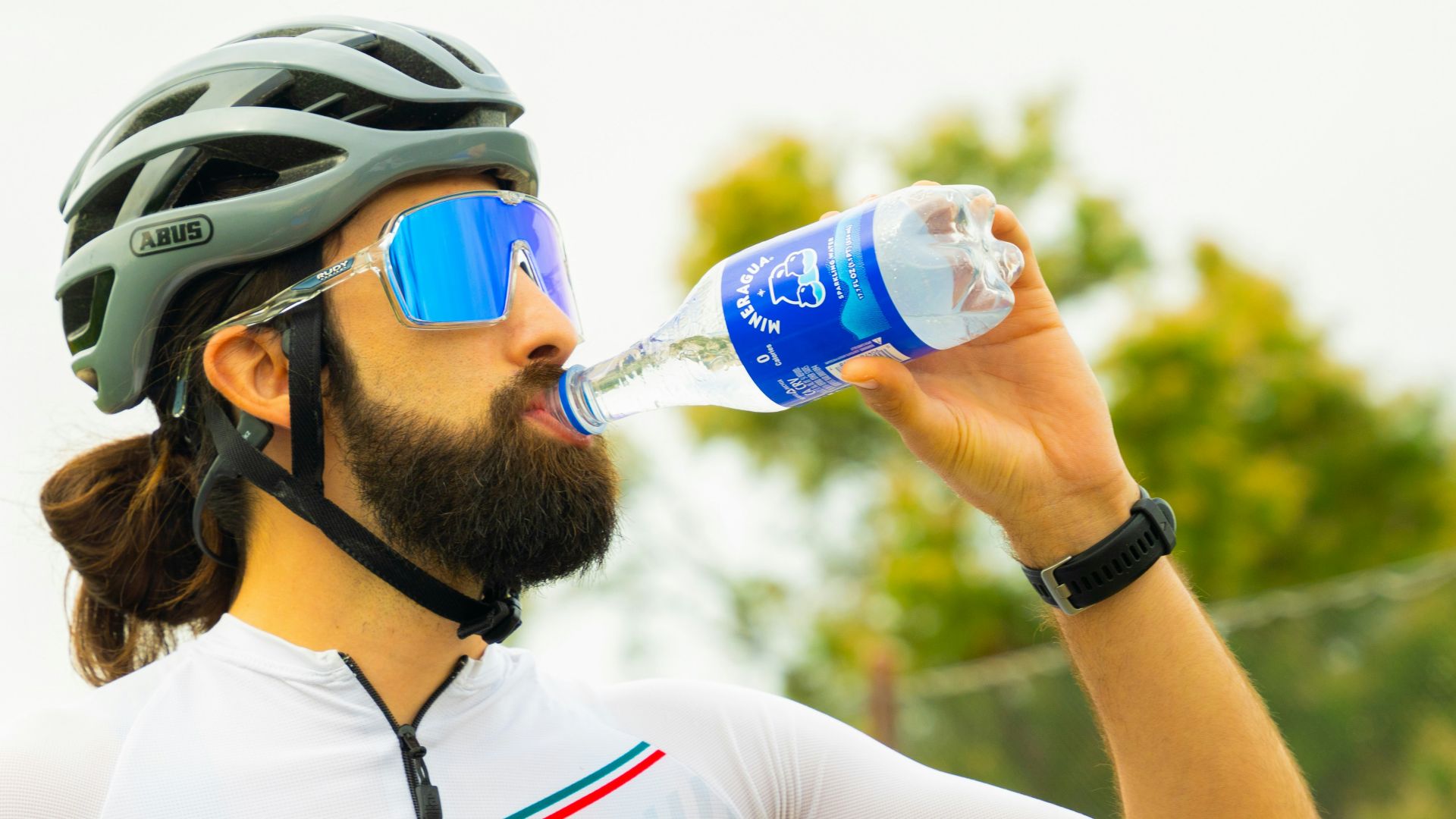 Mineragua Sparkling Water on Unsplash
Mineragua Sparkling Water on Unsplash
3. Protects Against Osteoporosis
Osteoporosis, a condition where bones become hollow or spongey is a major concern for many people as they age. While calcium is the best defense against this condition, potassium's impact should not be overlooked. Potassium can prevent the development of osteoporosis by helping your body hold onto calcium.
4. Helps Heart Beat
Heart disease is another issue which is unfortunately all too common today. The heart is a muscle, and potassium helps it stay strong. Uneven potassium levels can lead to issues such as heart arrhythmia and palpitations.
5. Reduces Kidney Stones
Kidney stones are painful clumps of crystalized material that form in the urinary tract. 1 in 10 people will get a kidney stone sometime in their lifetime, and potassium is one of the ways to reduce the risk. A high-potassium diet helps break up potential build-up in your kidneys.
6. Balances Fluid
Electrolytes are just as important when you're sick as they are when you just got back from the gym. Dehydration can be deadly, dangerous even, especially when you're sick. The electrolytes in potassium help your body retain water more effectively.
7. Keeps You Regular
Feeling constipated? You might have low potassium. Constipation is a common symptom of hypokalemia, or an insufficient amount of potassium. As we will see, potassium is imperative is signaling your nervous system and muscles, which can help fight constipation.
8. Protects Against Strokes
Studies have shown that people who eat a potassium-rich diet are less likely to suffer from stroke than those who don't. Specifically, the risk of stroke is lowered by 20-25% with the addition of potassium. Seeing as stroke affects your cardiovascular system, it's no surprise that heart-healthy potassium may help keep it away.
9. Allows Muscle Contractions
When most people read the word "muscle contractions", they think of painful cramps, but muscle contractions are a necessary part of bodily function. Any movement your muscles make, down to blinking, is the result of a contraction. Too little potassium, and you could feel achy and cramped all the time.
10. Communicates With The Brain
Potassium ensures communication throughout your body by transmitting nerve signals to your brain. If your muscles want to contract, they need nerve signals to help. Think of potassium as a handy courier delivering messages between your brain and your muscles.
Now that we've discussed some of the benefits of potassium, let's look at a few delicious ways to get more of it in your diet.
1. Bananas
Bananas are probably the best-known source of sodium. Bananas have approximately 425 mg of sodium per fruit. Eating these yellow fruits will keep you from going bananas when you get a little sluggish.
2. Apricots
Apricots don't lose their potassium content when they're dried, which is a good thing. Half a cup of dried apricots has 755 mg of potassium, roughly 16% of the recommended daily amount.
3. Potatoes
Boil 'em, mash 'em, stick 'em in a stew. However you dice your potato, you'll get anywhere between 500-900 mg of potassium. While potassium content varies among varieties, both sweet and white potatoes contain it.
4. Lentils
Legumes, such as beans, chickpeas, and peanuts, are an excellent source of potassium. However, lentils deserve a special shoutout as they have around 15% of your daily value. Once you start cooking with lentils, you'll be amazed at how easy incorporating them into meals is.
5. Spinach
As far as leafy greens go, spinach is one of the most nutrient-dense veggies around. 2 cups of raw spinach has 334 mg of potassium. Spinach is also loaded with other essentials such as magnesium and vitamin A.
6. Grilled Chicken
Meat can include potassium too! 3 oz of grilled chicken breast has 332 mg of potassium. However, this doesn't mean you should only eat plain chicken, so get those spices out!
7. Nonfat Yogurt
6 oz of your morning nonfat yogurt will give you 330 mg of potassium to start your day with. The healthy cultures in yogurt are also excellent for maintaining gut health. Yogurt is especially helpful for strong bones as the calcium and potassium will bring out the best in each other.
8. Salmon
Fatty fish such as salmon has 16.5% of your daily potassium in one serving. In addition to the potassium, salmon is also high in healthy fats such as omega-3, which are great for maintaining heart health. While farmed fish has slightly less potassium, it isn't really enough to make a difference.
9. Soy Milk
You can drink your potassium too. One cup of soy milk in your morning coffee has 287 mg of potassium. If you're paying attention, this is about the same as in chicken.
10. Broccoli
People who dislike broccoli probably haven't had it since childhood and, if they have, it probably wasn't cooked right. Broccoli is loaded with potassium—229 mg in half a cup, to be exact—think of all the nutrients you're missing out on by not eating broccoli. There are so many inventive ways to enjoy vegetables.
KEEP ON READING



